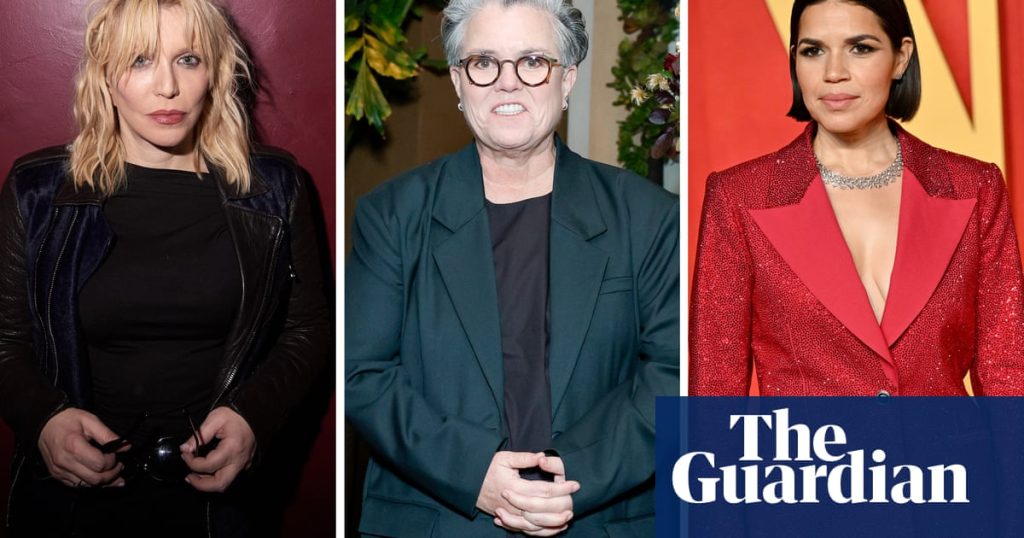The initial presidential campaign of Donald Trump prompted many individuals to jest about leaving the United States in the event of his victory. Some comments were made in jest, while others expressed hyperbolic bravado. However, even those who could have easily relocated mostly chose to remain, as the shock of Trump’s unexpected 2016 win wore off, leading numerous celebrities to vocalize their opposition to his administration’s policies, often through comedic portrayals on shows like Saturday Night Live. The sentiment was clear: they were committed to stay and resist rather than flee. While some may have contemplated moving to other countries like Canada or Italy, the onset of the global pandemic in 2020 introduced new challenges for relocation, and later that same year, Trump lost his position.
Despite Trump’s departure from office, the possibility of relocation remains, especially with his return to the political scene. High-profile figures like Courtney Love are now pursuing UK citizenship, while Ellen DeGeneres and Portia de Rossi have already settled in the UK and listed their last US property for sale as a sign of their commitment to their new home. Ryan Gosling and Eva Mendes also relocated to London last summer, and America Ferrara has been spotted exploring schools in the area, hinting at a potential move. Rosie O’Donnell has explicitly mentioned concerns for her nonbinary child as her reason for relocating to Ireland. Additionally, Eva Longoria has opted to reside in Spain and Mexico, though she claims her move is not politically driven.
While the number of celebrities making such relocations might not be extensive—around nine or ten—it stands out within the quieter response to Trump’s second term. A number of celebrities have shown support for Kamala Harris and spoken out on various issues since Trump’s re-election, often indirectly opposing him. However, the intensity of their responses seems more subdued this time, likely reflecting a sense of fatigue or even apprehension about the reality that Trump’s 2016 win wasn’t just a fluke. For many within the celebrity sphere, often reliant on visibility, a small group appears to be quietly withdrawing from the country, with a notable increase in Americans seeking British citizenship overall.
On one hand, it is understandable that individuals with the resources to act on their values are considering relocation. Trump’s second administration appears more determined to reshape the government, and part of this includes alienating those not fitting a traditional mold. Women, racial minorities, and many others outside the white male demographic have faced messages implying they don’t count as American in the same way. Cases like O’Donnell’s resonate deeply, as parents of children who don’t conform to conventional categories must be alarmed at the potential erosion of their rights. Furthermore, figures in Hollywood are indicating readiness to appease Trump’s administration, often at the expense of diversity and inclusion initiatives, which makes the option of leaving an appealing one for some.
Conversely, no celebrity, no matter how financially secure, will experience the same level of turmoil as a transgender youth whose family cannot afford to relocate, whether within states or abroad. This exodus has, unfortunately, turned into an appealing option for the wealthiest, reflecting a privileged escape from the administration’s actions. While it is not the fault of these celebrities, Trump’s misconduct is undeniable and extensive. The unfortunate reality this encapsulates is that evading his influence often requires significant financial means, as those who are oppressive seem to thrive while others face hardship.
Traditionally, many Americans may have looked towards celebrities with a hint of jealousy over their luxurious lives, but the tables have shifted, as these public figures now offer a glimpse into a life with certain rights and protections that are increasingly out of reach for ordinary citizens. This creates a Trump-influenced reality where escaping the burden of oppression becomes a privilege of wealth—one that underscores an ongoing disconnect between the privileged and those left vulnerable.



